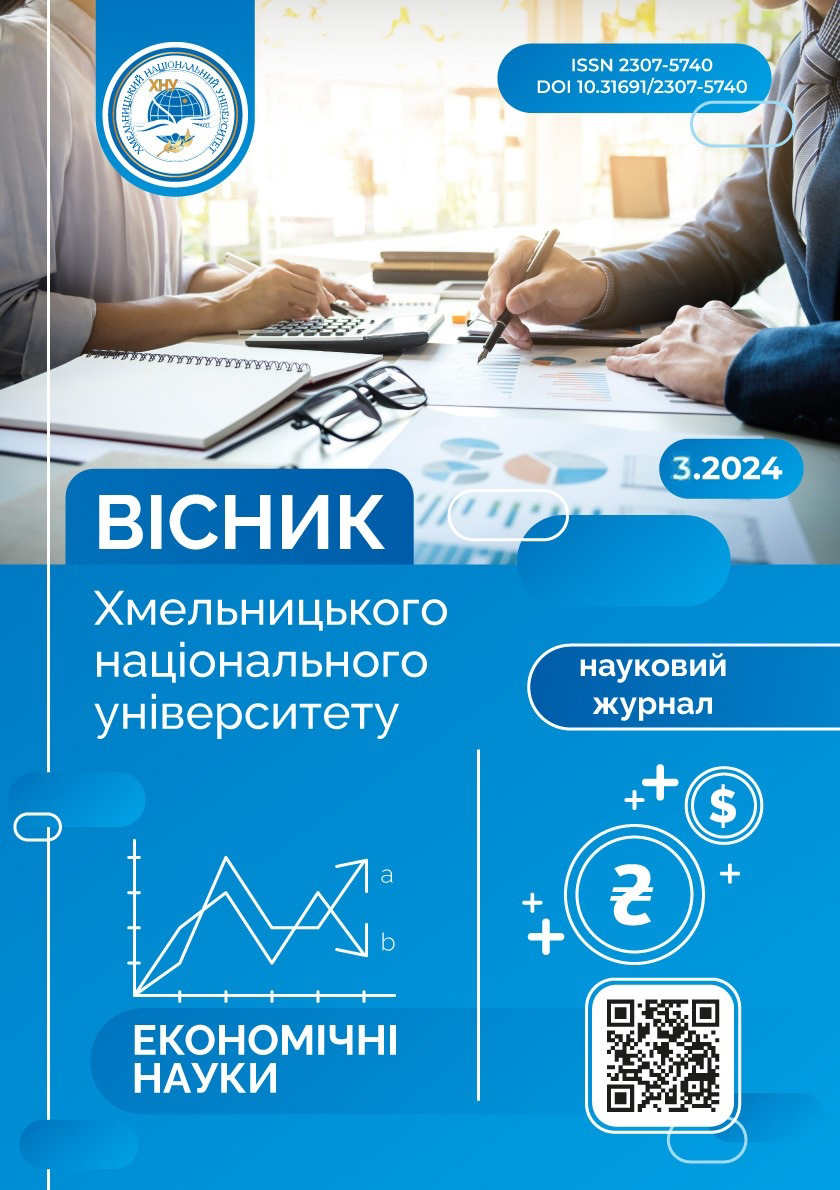SOCIO-DEMOGRAPHIC PROFILE OF FORCED MIGRATION: VECTOR "UKRAINE - GERMANY"
DOI:
https://doi.org/10.31891/2307-5740-2024-330-58Keywords:
forced migration, Ukraine, Germany, demographic development, human potential, socio-demographic profileAbstract
A socio-demographic profile of forced migration from Ukraine to Germany is formed in the article. The demographic characteristics of forced and pre-war migrants from Ukraine in Germany were evaluated according to the criteria of their age, gender, marital status, features of territorial resettlement in Germany, level of education and professional qualifications. A comparative analysis of the age parameters of pre-war migrants and forced migrants from Ukraine in Germany made it possible to reveal trends in the significant rejuvenation of the age structure of Ukrainian citizens as a result of a significant increase in the number of women and children, a decrease in the marriage rate and an increase in the divorce rate, and an increase in the qualification level of forced migrants. For example, it was established that more than 550,000 Ukrainian citizens under the age of 35 moved to Germany, of which 314,300 were women and 239,900 were men. In the sex section, especially high migration activity is observed among women in the age groups 0-18 and 30-50 years. Married migrants of working age were mostly involved in the processes of pre-war migration, while the totality of forced migrants in family terms is characterized by a low level of settlement of family relations. More than half of the women and two-thirds of the men from Ukraine who received the status of temporary protection in Germany are unmarried by marital status. It is suggested that the activation of the processes of integration of Ukrainian immigrants of working age in Germany through their employment in order to maximize personal economic benefit reduces the probability of their return in the post-war period. The presence of significant gaps in the socio-economic development of both countries and the prolongation of hostilities will probably increase the level of "moral and psychological despair" and help the forced migrants to get used to a new way of life.


